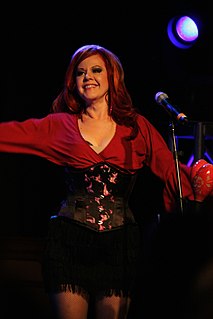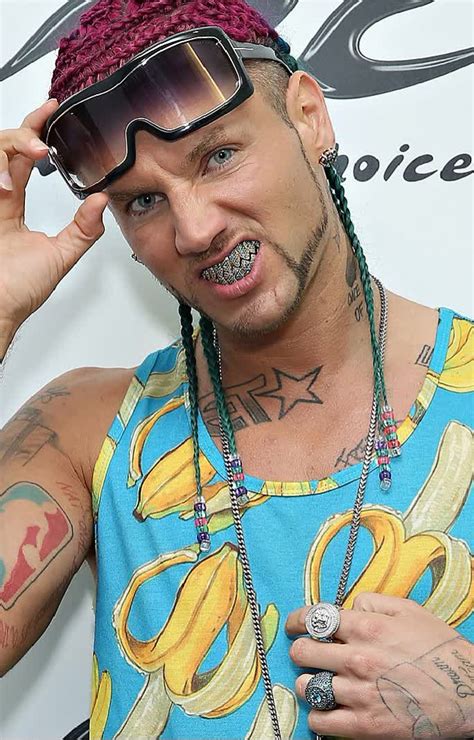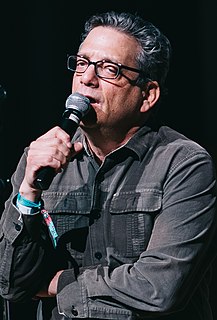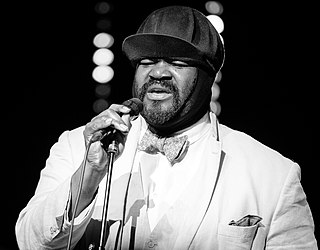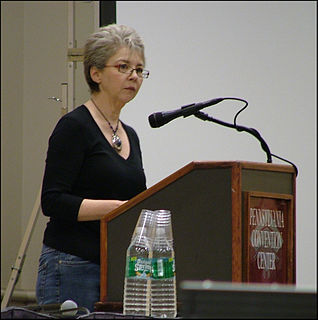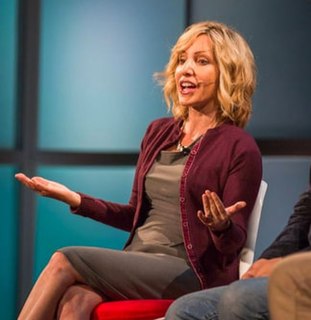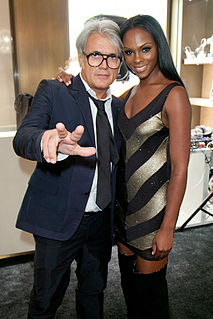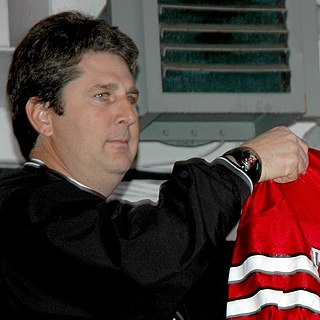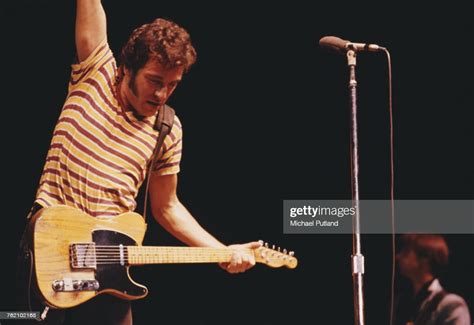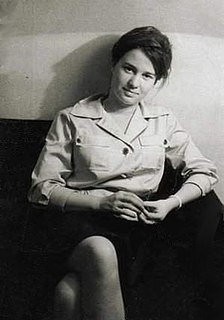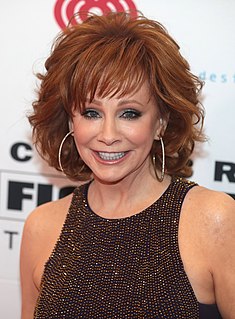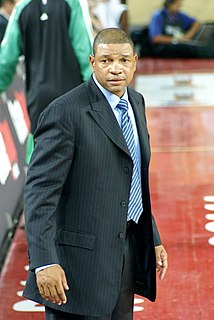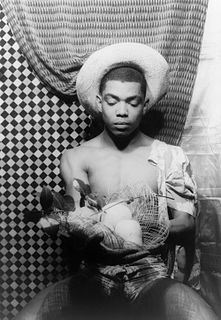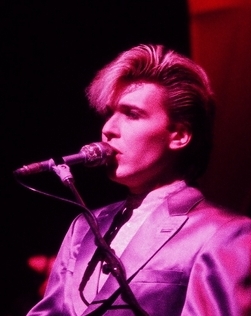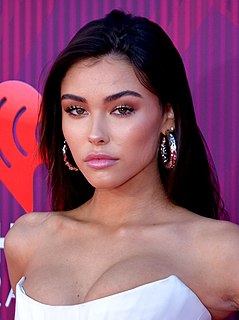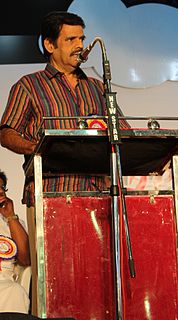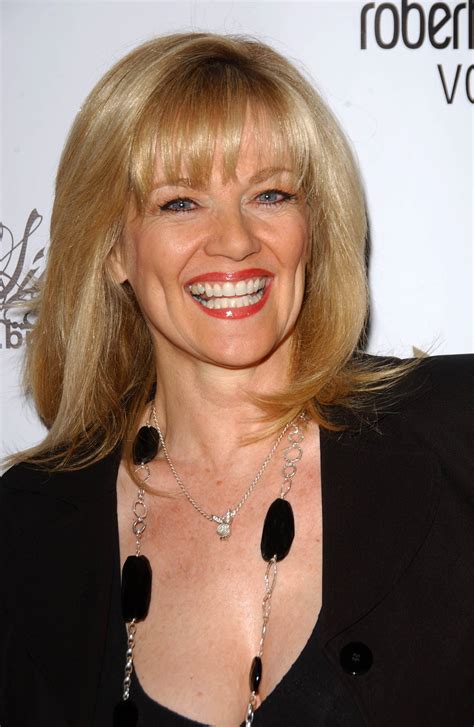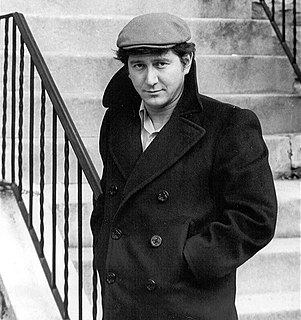Top 1200 Protest Songs Quotes & Sayings
Explore popular Protest Songs quotes.
Last updated on April 14, 2025.
What has happened to protesters in the past was that, basically, the government in 2012 put an end to a series of mass protests by changing laws, by making it possible to arrest anybody for protests, and by making basically a show of imprisoning not just protest leaders, and not specifically protest leaders, but activists, rank-and-file protest participants. That gets across the idea that anybody who joins a protest without being an organizer, without being a visible leader, risks arrest, and not risks just arrest, but years in a Russian jail.
But everyone cannot be there, and that is why photographers go there - to show them, to reach out and grab them and make them stop what they are doing and pay attention to what is going on - to create pictures powerful enough to overcome the diluting effects of the mass media and shake people out of their indifference - to protest and by the strength of that protest to make others protest.
I write almost all my songs on an acoustic guitar, even if they turn into rock songs, hard rock songs, metal songs, heavy metal songs, really heavy songs... I love writing on an acoustic because I can hear what every string is doing; the vibrations haven't been combined in a collision of distortion or effects yet.
My hope is that 'The New World Haggadah' will open a new world for readers who will see our heritage through a multilingual prism. I wanted to feature medieval and renaissance authors, resistance in World War II, crypto-Jews and activists during the Dirty War in Latin America, songs of protest, and songs of hope.
That's what is so great about being able to record a 13-song album. You can do a very eclectic group of songs. You do have some almost pop songs in there, but you do have your traditional country, story songs. You have your ballads, your happy songs, your sad songs, your love songs, and your feisty songs.
I write almost all my songs on an acoustic guitar, even if they turn into rock songs, hard rock songs, metal songs, heavy metal songs, really heavy songs I love writing on an acoustic because I can hear what every string is doing; the vibrations haven't been combined in a collision of distortion or effects yet.
I remember 'The Shepherd's Dog' record being not necessarily a political record, but a reaction to socio-political situations in America. And it didn't manifest itself as protest or propaganda songs, but there's a lot of surreal imagery that was born out of really me being surprised Bush got re-elected in '04.
A lot of the politics that is going on left and right at the moment is more about a protest, which we should respond to. It's not often about a policy. And that's why what you get is this strange coalition of different views of what the future should be, coming together in alliance to protest against the status quo.


